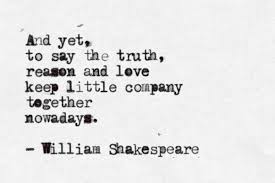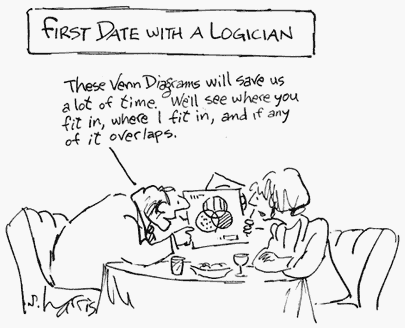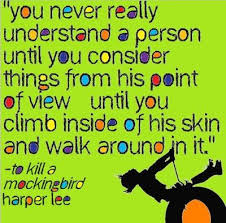Unit Two: Moving Forward–Establishing and Realizing
Sub-Units:
- Turning Points and Transitions
- Evolving Roles and Responsibilities
- Opportunities and Obstacles
- Risks and Rewards
- Beliefs and Goals
Unit Questions
- How do our relationships with others evolve and influence us as we mature and age? How can you prepare for the probability of having multiple roles throughout your adulthood (e.g., caregiver, employee/employer, partner)? How do people respond to and cope with multiple and changing roles throughout their lives (e.g., caregiver, employee/employer, partner, parent)?
- Are all the roles and the work associated with those roles valued or respected equally? How can you ensure that the work you do and the roles you play will be valued and respected equally?
- How and why will you prepare for your future?
- What are contemporary expectations of adults? How do the roles and expectations of adults vary among cultures and through the various stages of adulthood?
- How can we prepare for the roles and expectations that we have for ourselves and that others have for us?
- As we mature and age, what are our responsibilities to self and to others? How do these responsibilities change?
- What obstacles and opportunities do people experience in the transitions of adulthood?
- What does the concept of a balanced life mean? How and why do we plan to achieve balance in our lives? Is the quest for balance universal?
- How do our values and beliefs determine the paths of life that we may explore? What influences or necessitates the re-evaluation of our values and beliefs?
- What competing interests, dreams, and ambitions create tension and conflict for us and for others? What kinds of dreams are considered worthy? Who decides what dreams are worthwhile? How can we pursue our dreams and ambitions when others do not consider those dreams worthwhile? How do our dreams, goals, and ambitions influence the risks that we take?
- What are the achievements that we envision for ourselves? Why do we decide on and pursue those achievements? What influences the achievements we seek? What do individuals do to motivate themselves to succeed? How do we define success and achievement for ourselves? How do others define success and achievement?
Moving Forward Unit Questions
https://www.edonline.sk.ca/bbcswebdav/library/curricula/English/English_Language_Arts/ela_20_2012.pdf



